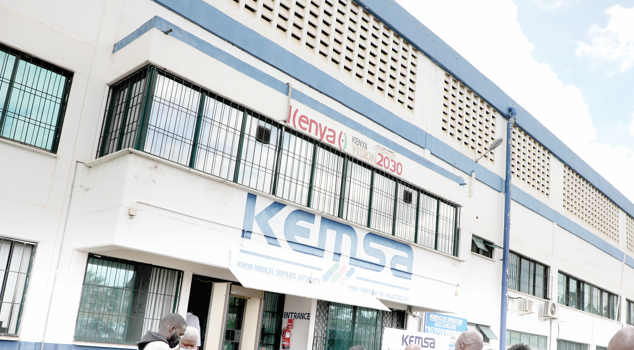Insolvency: Why creditors should have information

Giving creditors the right to access information will help insolvency administration through re-organisation, liquidation of debt enforcement, and proceedings to increase recovery rates, says a new business report.
The report says implementation of e-filing, e-payments and e-service at the Nairobi Chief Magistrates Court will improve the quality of judicial processes for businesses.
Currently, all pleadings and other documents are filed via the e-filing portal, with the system sending a confirmation receipt including the date and time of filing to the person filing the document.
In addition, fees are paid via mobile money, RTGS or Visa before the electronic filing of documents.
That process is followed by an electronic receipt which is generated and sent to the account of the party or the advocate.
This has seen Kenya’s global ranking in terms of resolving insolvency surge 73 positions from 123 in 2014 to 50 in 2019, putting the country in line with global standards where the overarching goal is to prevent premature liquidation of companies and ensure a swifter, more streamlined insolvency process.
“This new insolvency regime has reduced the failure rate among firms, helping maintain a higher overall level of entrepreneurship in the economy and preserving jobs,” said Peter Mwangi, a Partner, with Walker Kontos, a leading Law Firm in the country.
Service of process can also be carried out electronically, eliminating the need to file an affidavit of service in court.
The report dubbed Ease of Doing Business; Reforms and Milestones by the Ministry of East African Community and Regional Development, further says the government is also considering engaging the judiciary to reduce the time required to determine insolvency matters from 4.5 years to 12 months, and the recovery rate for insolvency matters from 31.8 cents to 71 cents.
Plans are also in the offing to enact regulation to reduce fees charged by insolvency practitioners to decrease the cost of resolving disputes, and amend the Insolvency Act to introduce a pre-insolvency moratorium of 28 days.










